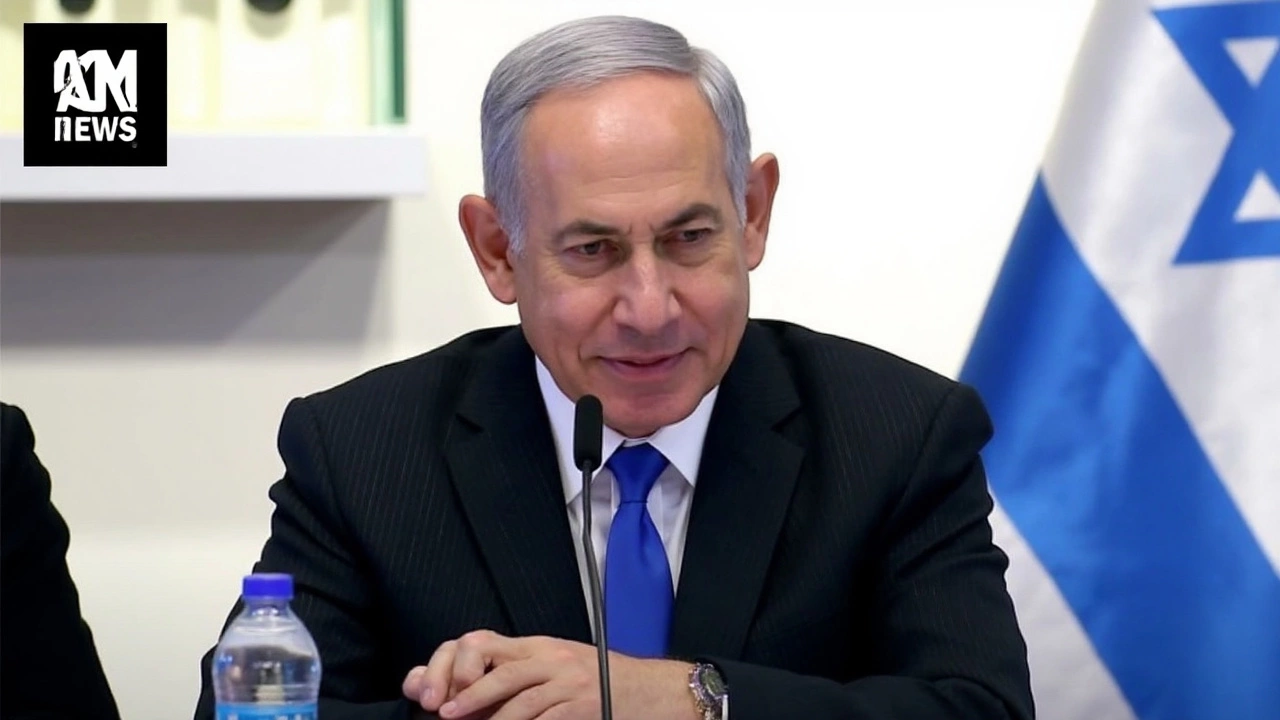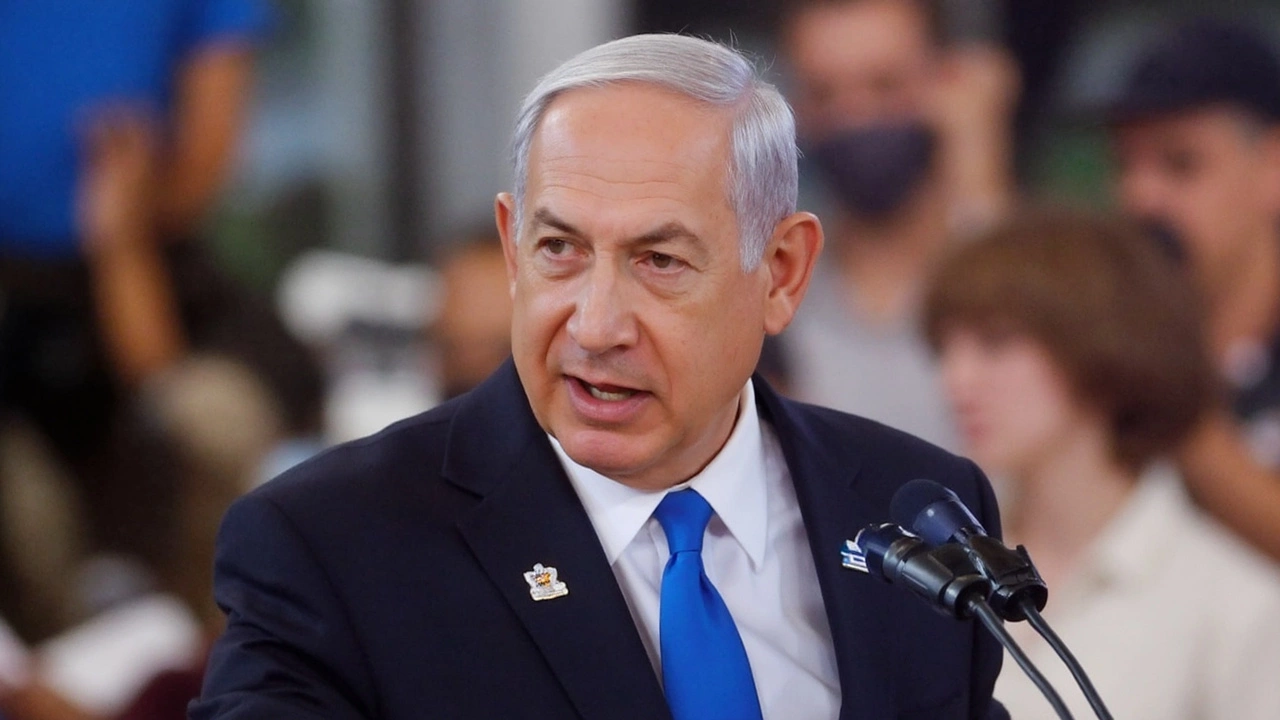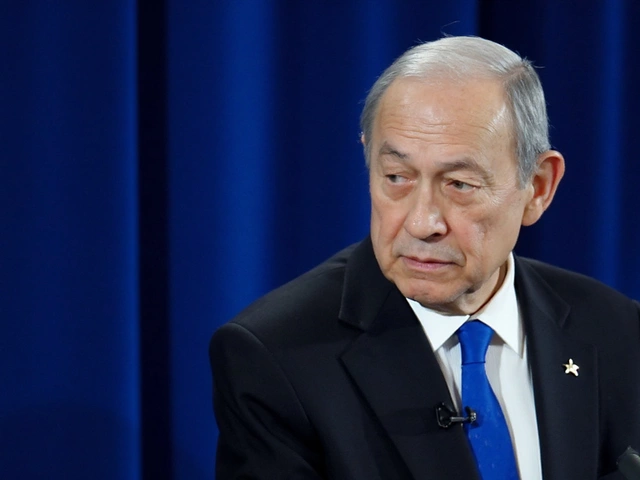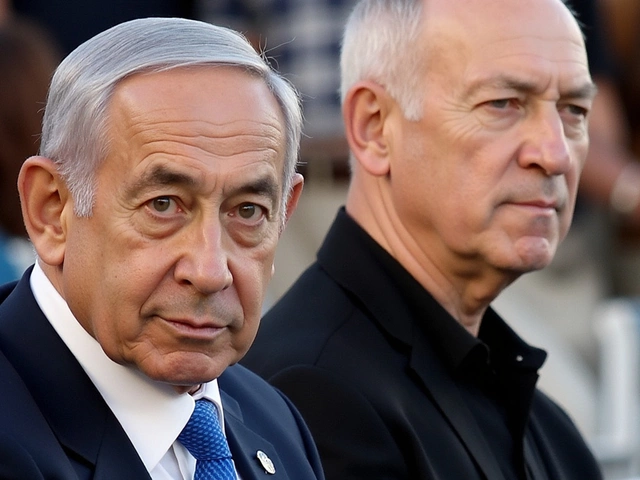ICC Arrest Warrants Shake Diplomatic Landscape
On November 21, 2024, the International Criminal Court (ICC) made a bold move by issuing arrest warrants for Israeli Prime Minister Benjamin Netanyahu and former Defense Minister Yoav Gallant. The allegations are severe, charging them with war crimes and crimes against humanity during the conflict in Gaza, spanning from October 8, 2023, to at least May 20, 2024. This marks an unprecedented legal action as it's the first time the ICC has aimed its sights at the head of a Western-aligned democracy.
The ICC accuses Netanyahu and Gallant of engaging in warfare tactics such as starvation and carrying out various crimes, including murder and persecution of Gaza's civilian population. The situation adds another layer involving Hamas military commander Mohammed Deif, who has been said to be killed by Israel in July 2024; an arrest warrant for him includes charges of murder and sexual violence. Despite Israel not being an ICC member state, the court claims jurisdiction through Palestine’s ICC membership.

International Reactions and Legal Implications
The warrants obligate all 124 ICC member states to detain Netanyahu and Gallant should they step foot within their borders. This puts countries with strong ties to Israel in a diplomatic squeeze. Some EU nations, like Belgium, the Netherlands, and Spain, have expressed readiness to comply with the warrants. Others, notably France and Germany, have taken a cautious approach, citing the complex legal implications involved with such actions.
Israel’s reaction was swift and steeped in denunciation, branding the decision as 'antisemitic' and 'absurd.' The Israeli government has announced it will abide neither by the charges nor the court's authority, indicating the arrest warrants are a direct assault on the country's judicial independence. This could complicate Israel's relationships, not only with European partners but also on a broader scale, as allies might navigate the balance between international obligations and diplomatic ties.
Legal experts are keenly observing how this situation unfolds, noting it could set a precedent that affects global politics and international law enforcement. The potential strain on alliances reminds us of the delicate interplay between legal authority and political considerations. As the world watches, the unfolding diplomatic chess game bears watching as it could redefine the landscape of international relations and accountability.



